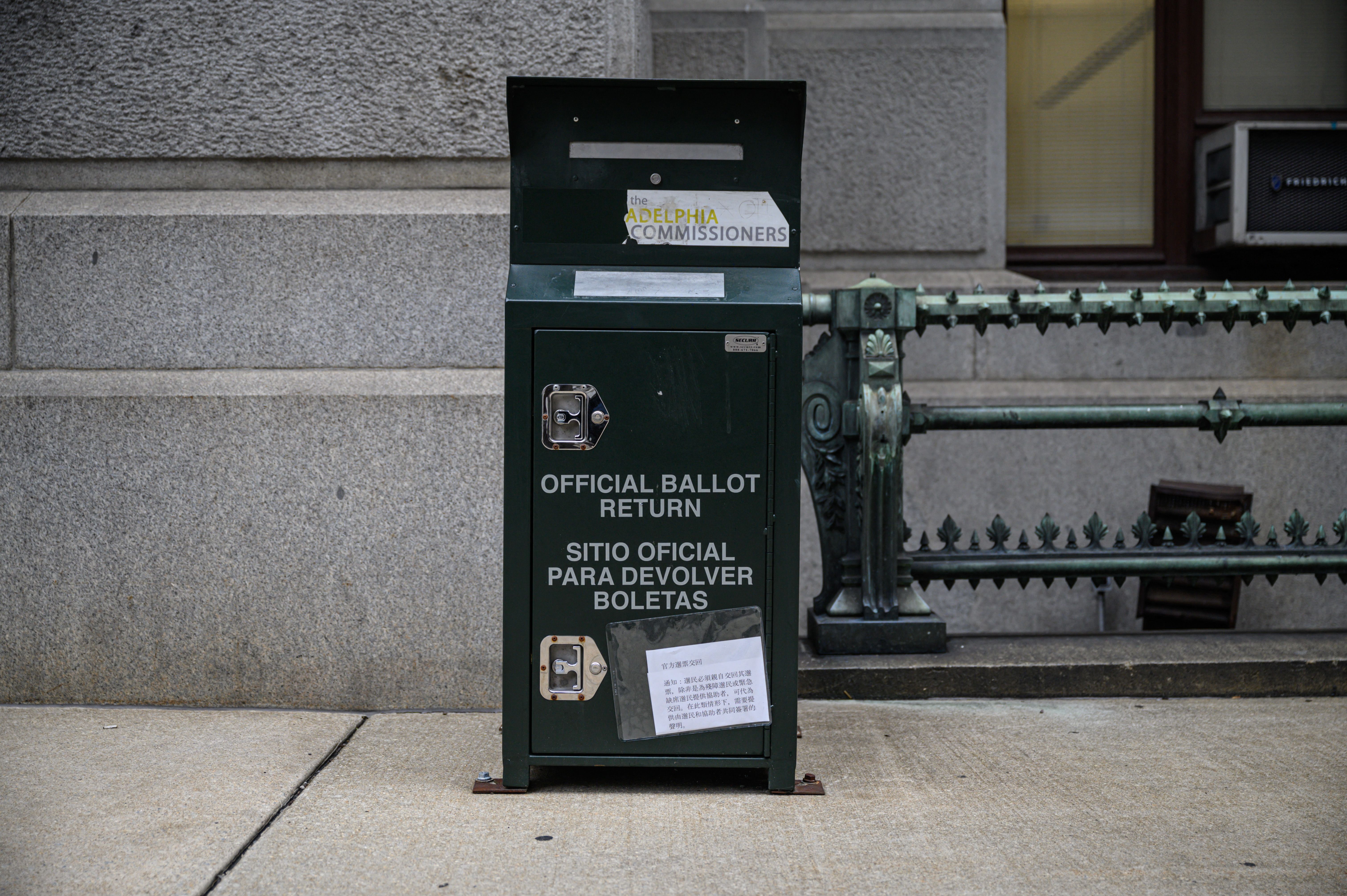Legislation aimed at curtailing sexting by New Jersey teens will go before a state Assembly panel this week.
The measure, part of a three-bill package, would help juveniles avoid criminal prosecution for sending sexually explicit photographs via their cell phones.
Instead, they would have to attend an educational program where they would learn about the potential state and federal legal consequences and penalties for sexting, which technically amounts to distribution of child pornography.
Participants also would learn its personal costs -- including the effect on relationships, school life and the loss of future employment opportunities. County prosecutors would decide who could be admitted into the program, and juveniles who successfully complete it would avoid trial.
The Judiciary Committee will hold a hearing on the measure Monday.
“Kids may be kids, but they can be forced to grow up in a hurry when an explicit photograph meant only for one person gets forwarded and reforwarded throughout their school,” said Assemblywoman Pamela Lampitt, D-Cherry Hill, the bill's primary sponsor. “Young people, especially teen girls, need to understand that sending inappropriate pictures is not only potentially illegal, but can leave an indelible mark on them socially and educationally.”
According to a 2008 survey by the National Campaign to Prevent Teen and Unplanned Pregnancy, roughly 1 in 5 teens -- including 11 percent of girls aged 13 to 16 -- have sent a nude or seminude picture or video of themselves to friends or posted one on a website.
Politics
The proposed legislation was initially introduced last summer, just months after a 14-year-old New Jersey girl was arrested for posting nude pictures of herself on MySpace. She initially was charged with child pornography and distribution of child porn for allegedly posting nearly 30 explicit pictures on the site, but eventually received probation and was ordered to undergo counseling.
“Young people need to understand the ramifications of their actions, but they shouldn't necessarily be treated as criminals,” Lampitt said. “We need to create a path that places education and forgiveness before arrest and prosecution.”
Two related Assembly bills would mandate that schools and phone retailers establish programs to provide information to youths and parents about the issue. The proposals have been referred, respectively, to the Assembly's education and consumer affairs committees, but no hearings have been scheduled on either matter.



